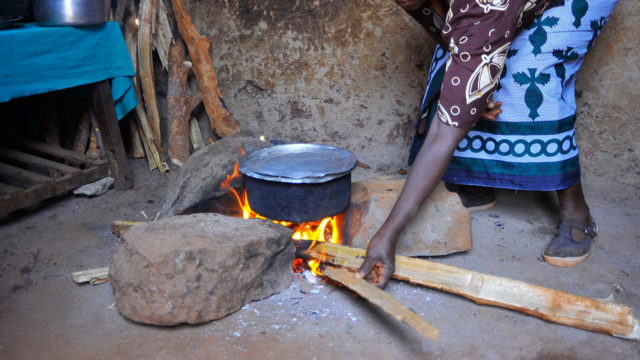The Minister of Environment, Balarabe Lawal, has revealed that just one in ten Nigerian households currently use clean energy sources and technologies for cooking, highlighting a critical energy challenge facing the nation.
In a press release issued in Abuja on Saturday, and signed by the Head of the Press and Public Relations Unit, Ibrahim Haruna, the minister emphasized the adverse effects of traditional cooking methods, which rely on firewood, kerosene, and charcoal. These methods contribute to deforestation, climate change, and health issues, while also placing significant burdens on women.
The minister underscored that the National Clean Cooking Policy, approved by the Federal Executive Council in March 2024, aims to address these challenges by promoting clean cooking solutions that will save lives, empower women and youth, improve livelihoods, and combat climate change. The policy aligns with Nigeria’s Energy Transition Plan and the goal of achieving net-zero emissions by 2060.
Lawal also highlighted the potential economic benefits of the policy, noting that its implementation is expected to create approximately 10 million direct jobs for young people in areas such as the assembly of local raw materials, production, and distribution of clean cookstoves. The initiative is also poised to contribute to the national carbon credit market.
The National Clean Cooking Policy targets a significant shift towards clean energy by 2030, with 20% of the clean cooking target expected to come from electric cooking sources, 54% from Liquefied Petroleum Gas (LPG), and a gradual phase-out of fuel-efficient biomass cookstoves.
The ministry has also been engaging with local clean cookstove manufacturers to scale up production and train youths in the necessary skills. In addition, partnerships with development partners like the World Bank are being sought to support the policy’s implementation, which aligns with President Bola Tinubu’s “Renewed Hope Agenda.”
The policy, initially introduced at the National Council on Environment in April 2024, was launched during the National Clean Cooking Fair in Abuja in July 2024, and will be rolled out to all 36 states and the Federal Capital Territory for adoption and domestication.


